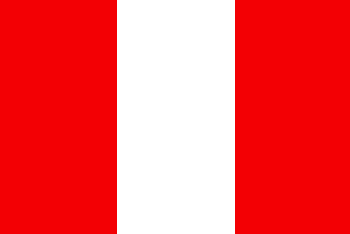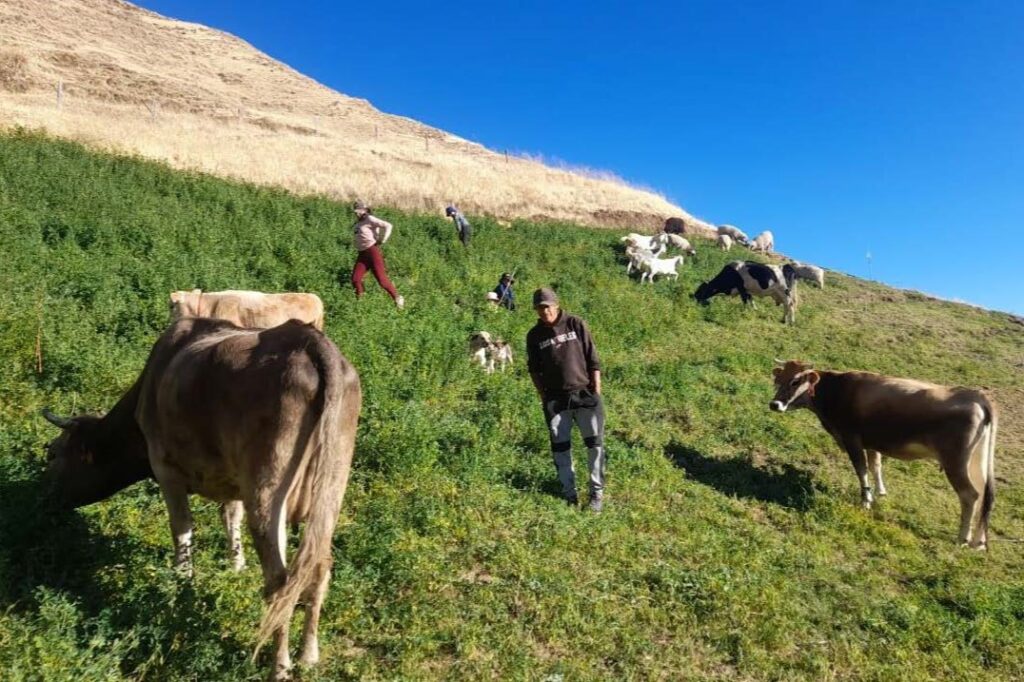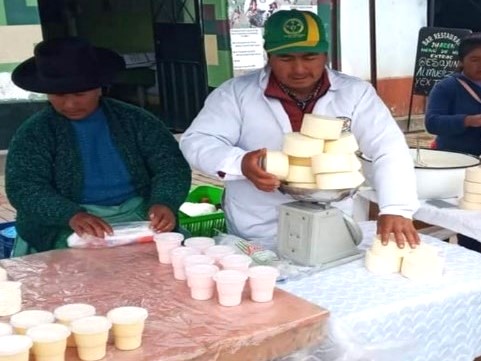 Peru Castrovirreyna
Peru Castrovirreyna
$36,313 needed of $79,531

Implementing Organization
Lutheran World Relief (LWR)
Program Summary
In the Huancavelica region of Peru, children and pregnant women tend to have problems with anemia and malnutrition because they do not have access to enough nutritious food. The Peru Castrovirreyna program works with indigenous farmers to increase their income from the sale of quality dairy products to improve the availability and access to food. Lutheran World Relief, local partner CEDINCO, and participants are working together to improve the production of milk from cows and strengthen good food and hygiene practices to counteract risks to the health of families. This program focuses on diversifying participants’ dairy products and strengthening the capacities of producers to organize and access markets, as well as providing technical assistance in preventive and corrective measures to overcome situations of anemia and malnutrition.
Success Stories

Satisfying Demand for Quality Local Dairy Products
Milk-producing families are refining their sanitation practices, standardizing their recipes, and expanding their product base as a way to improve their income and satisfy the demands of a market that appreciates local, natural and artisanal products.
Prior to a series of “learning by doing” workshops led by local partner Center for Integral Development of Communities (CEDINCO), the dairies only offered artisanal cheeses for sale in addition to their milk. They’re now producing fruity or flavored yogurt and a dessert called blancmange or manjar in Spanish. Think of it as a cross between a gelatin and a custard, made with cream, milk, sugar, gelatin and flavoring. Trials are now underway for another item, pasteurized pressed cheese.
Participants expressed particular enthusiasm for yogurt to eat at home as well as for the market. They received instruction on the beneficial bacteria in yogurt which enhance nutrition and health. Sound hygiene practices during all stages of production, food handling, and personal and household cleanliness aim to lower health risks at home and at the consumer level.
The training sessions were complemented by personalized technical assistance from CEDINCO staff to improve the quality of artisanal cheese by refining salt content and hygiene practices. Lastly, they covered improving milk yields through sustainable farming and animal husbandry practices. The overall idea is to ensure more consistent and reliable dairy output and products that consumers will return to again and again. The producers are now in touch with markets that appreciate natural products, and they are boosting production by raising a breed of cow well-suited to the local environment.
Those who attended the workshops expressed their thanks and hopefulness in several ways.
Daría said, “Thank you for the teachings. Our houses are humble but with your professional guidance we’ll improve our lives.” Juliana recognized that, in order to fetch a higher price local dairy products had to be worth it and “For that we must train ourselves.” Mery said, “I now participate in the Castrovirreyna fair and I bring yogurt, manjar and cheese, whereas before, we only knew about artisanal cheese.” And Misael observed that “Professionals are always watching. It’s time for our town to be known for its high-quality products.”
Peru Castrovirreyna Program
Led by Lutheran World Relief and local partner CEDINCO (Center for Integral Development of Communities)
